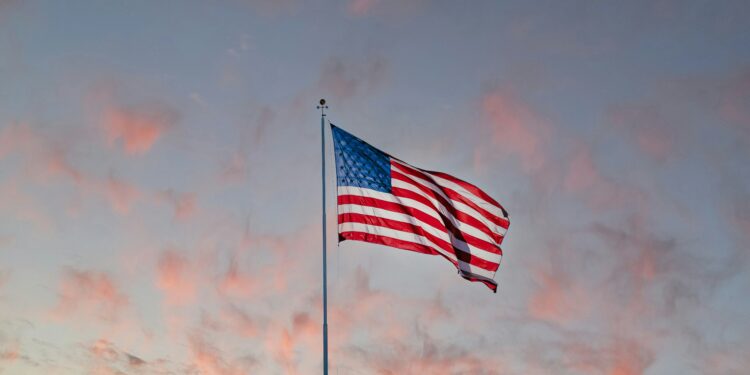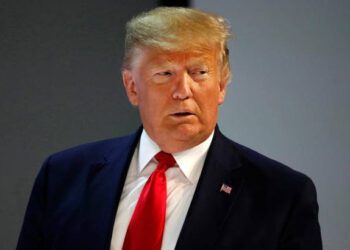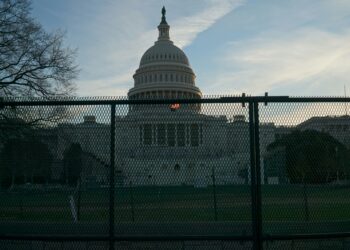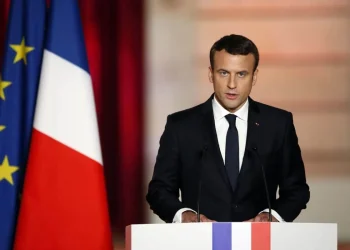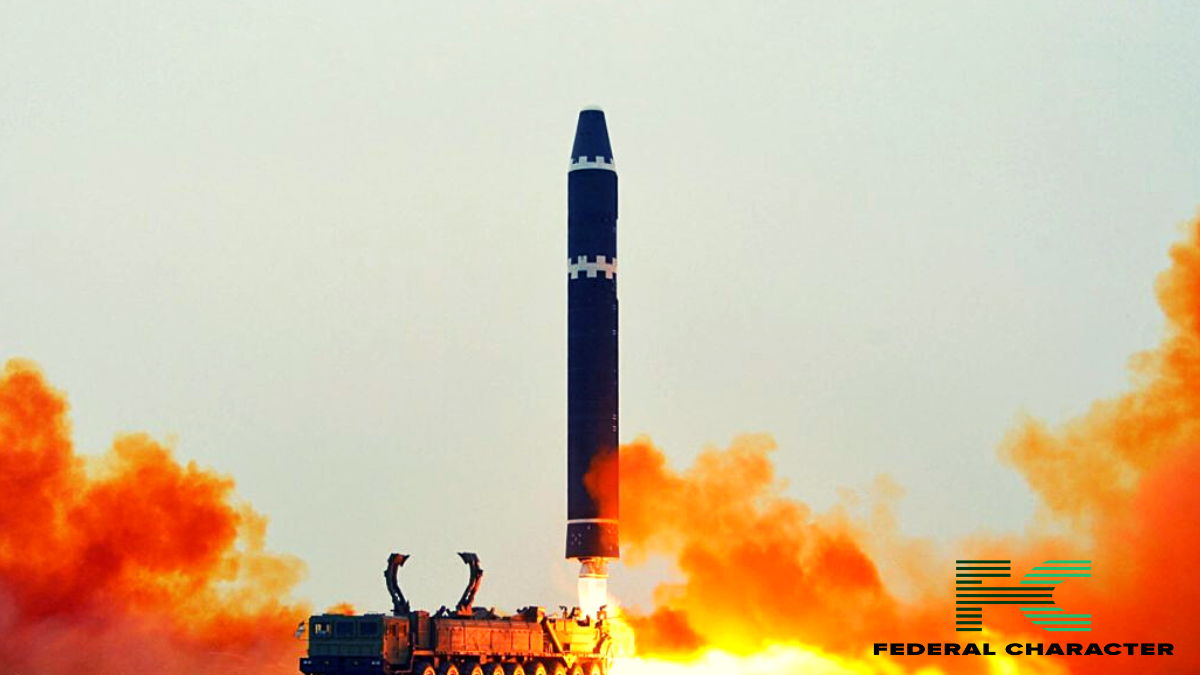The concern in Washington has now turned into pressure, and the message from the United States warns Nigeria about the rise in school kidnappings in a way the world cannot ignore. American officials reacted strongly after the latest abductions in Niger and Kebbi states, describing the attacks as shocking and unacceptable. The warning shows how serious the situation has become, especially with international voices asking Nigeria to stop the wave of school-targeted violence before global outrage grows even worse.
What Happened in Niger and Kebbi
The United States reacted after gunmen took more than 300 students and teachers from St. Mary’s Catholic School in Papiri, Niger State. This came only days after another group of armed men carried out a similar attack in Kebbi State, where female students were kidnapped and the vice principal was killed. These attacks happened only days apart, showing how unsafe schools in northern Nigeria have become.

American officials said these kidnappings must not be ignored and that those behind them must be captured quickly. Washington also said Nigeria must do more to protect vulnerable groups, including Christian communities that have been repeatedly targeted in different parts of the country.
Calls for Action From the US
In its statement, the U.S. government said attacks on students and teachers cannot continue without consequences. It insisted that the Nigerian government strengthen security systems around schools and protect communities that have become easy targets. The language used by the United States warns Nigeria in a way that suggests patience is running out, and the world is watching closely.
Rising Fear Across Families
Parents in the affected communities say they no longer sleep well at night. Many families in Niger and Kebbi are living with uncertainty, hoping for news about their missing children. About 50 students managed to escape and return home, but hundreds of others remain missing. The Christian Association of Nigeria confirmed the number of abducted students after taking record of families who reported missing children.
These attacks have once again reminded people of the 2014 Chibok school kidnapping, which shocked the world. For many Nigerians, this new wave brings back the same pain and fear.
Government Response
President Bola Tinubu instructed the Minister of State for Defence, Bello Matawalle, to relocate to Kebbi State to supervise rescue efforts. Several states, including Niger, Katsina, Plateau and Bauchi, have ordered the shutdown of many schools to prevent further attacks. Security forces have also started operations aimed at finding the abducted students.
But many Nigerians say the response always comes after lives have already been destroyed. The pressure from the United States warns Nigeria that it must show stronger action, not only statements, to convince the world that the safety of students truly matters.
A Pattern That Cannot Continue
This repeated violence has created a climate of fear around education in parts of the country. Many communities already struggle with poverty, and these attacks now threaten the future of children who simply want to attend school. Many believe the government needs a new and stronger strategy, because kidnappers have become bolder, more organised, and more confident that they can strike at any time.
International Eyes on Nigeria
Foreign governments, human rights groups, and global media are paying close attention. The new tone coming from Washington shows that the United States warns Nigeria not only out of concern but also out of frustration. The world expected stronger solutions after past kidnappings, yet the attacks continue.
If global attention increases, Nigeria may face more diplomatic pressure, more criticism at international forums, and deeper questions about its security structure.
Bottom Line
The warning coming from the United States warns Nigeria again that school kidnappings are no longer seen as isolated tragedies but as a national crisis with global consequences. The abductions in Niger and Kebbi have pushed the world to demand action, and Nigeria must now prove that it can protect its children and prevent another tragedy that could draw even greater international outrage.

